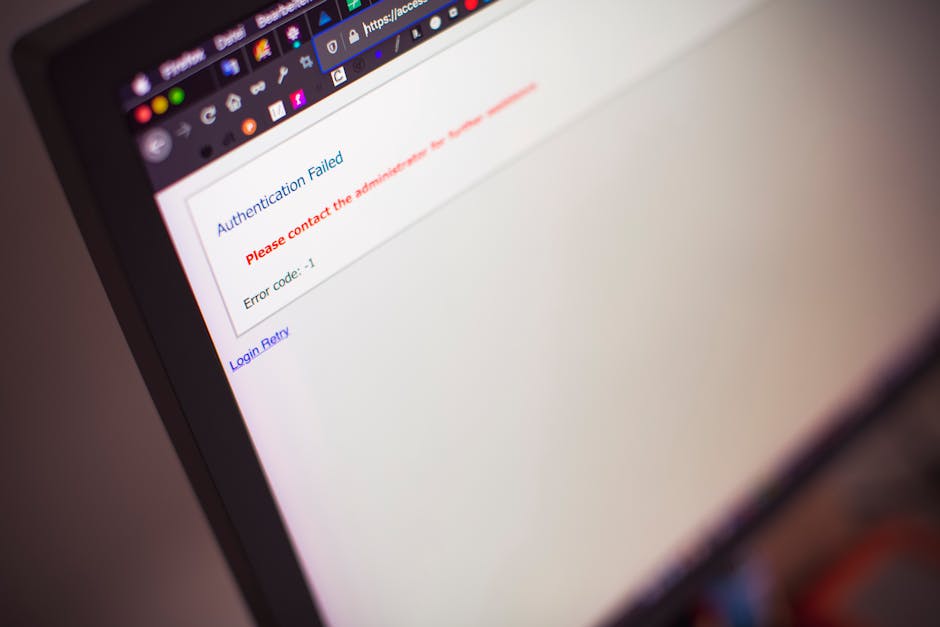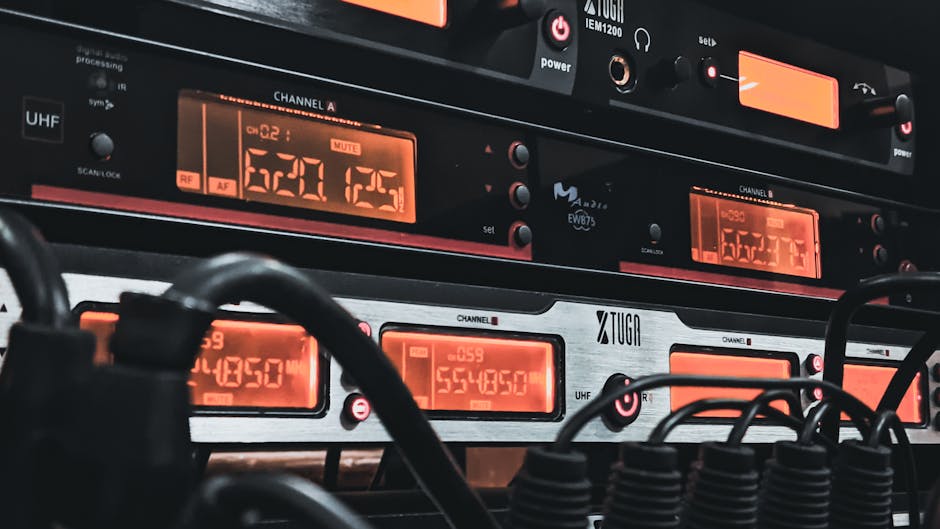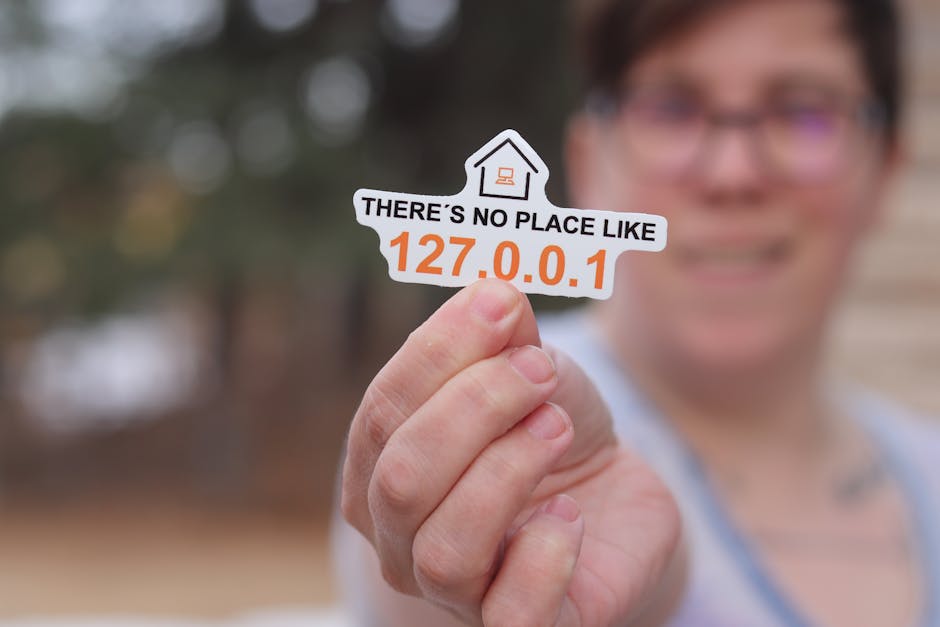Saying large numbers can be daunting, even in 2025 with all our technological advancements. The number 1,302,710,452 is certainly one of those numbers that can trip you up. This article provides a comprehensive guide on how to accurately and confidently say this large number, along with valuable tips for handling similar large numerical values in everyday conversation and professional settings. Let’s explore the best practices for verbalizing this significant figure in a way that’s easily understood.
Breaking Down 1,302,710,452
The key to saying large numbers correctly lies in understanding their structure. Numbers are grouped in threes, separated by commas (or spaces in some countries). Each group represents a specific magnitude: units, thousands, millions, billions, and so on. Recognizing this pattern simplifies the process.
Therefore, we can break down 1,302,710,452 as follows:
- 1 – Billion
- 302 – Million
- 710 – Thousand
- 452 – Units
Putting it all together, “how do you say 1302710452” becomes “One billion, three hundred two million, seven hundred ten thousand, four hundred fifty-two.” It might seem long, but once you understand the component parts, it’s much easier to manage.
The Correct Pronunciation and Common Mistakes
While the structure is relatively straightforward, some common pronunciation mistakes can easily be avoided. Focusing on clarity and pacing is key.
Firstly, ensure each numerical component is clearly articulated. Avoid mumbling, and take slight pauses between the millions, thousands, and units. Secondly, practice the pronunciation of numbers like “hundred,” “thousand,” and “million” to ensure they are easily understood. Thirdly, be consistent with your use of “and.” In American English, it’s common to say “one hundred and one,” but in British English, the “and” is often omitted, so familiarize yourself with regional preferences.
Common mistakes include rushing through the number, mispronouncing place values (e.g., saying “thousand” instead of “million”), and getting the hundreds place wrong. Regularly practice verbalizing large numbers to improve your confidence and accuracy.
Context Matters: Formal vs. Informal Situations
The way you express 1,302,710,452 can change depending on the setting. In formal contexts, such as a business meeting or academic presentation, precision is paramount. Ensure each part of the number is enunciated clearly and accurately. In informal situations, such as a casual conversation, you may be able to simplify the number slightly.
For instance, instead of saying “one billion, three hundred two million, seven hundred ten thousand, four hundred fifty-two,” you could say “over one point three billion,” provided the level of precision required isn’t too high. Consider your audience and the purpose of the communication when deciding on the most appropriate way to express the number.
Tips for Remembering and Verbalizing Large Numbers
Remembering and verbalizing large numbers can be challenging, but several effective techniques can help.
- Break it Down: As mentioned earlier, break the number into its constituent parts (billions, millions, thousands, units).
- Use Visual Aids: Write the number down, add commas, and highlight each group to aid visual memory.
- Practice Regularly: Practice saying large numbers out loud, starting with smaller numbers and gradually increasing the magnitude.
- Use Mnemonics: Create a mnemonic device to help you remember the number. This could be a phrase or acronym where each word relates to a part of the number.
- Use Technology: Utilize apps or websites that generate random large numbers for practice.
The Future of Numerical Communication in 2025
By 2025, advancements in technology, such as AI-powered assistants and real-time translation tools, will likely play a significant role in numerical communication. While these technologies will help translate and verbalize numbers, understanding the basics of numerical structure and pronunciation will still be crucial.
Even with increasingly sophisticated tools, clear and confident communication remains essential. Knowing “how do you say 1302710452” properly will still be a valuable skill, ensuring your message is accurately conveyed regardless of the technological assistance available.
Real-World Examples
Let’s look at how we might use this number in various scenarios:
- Financial Reporting: “The company’s annual revenue reached one billion, three hundred two million, seven hundred ten thousand, four hundred fifty-two dollars.”
- Population Statistics: “The estimated global population is now over eight billion, but back in 1900 it was closer to one billion, three hundred two million, seven hundred ten thousand, four hundred fifty-two.”
- Scientific Data: “The experiment generated one billion, three hundred two million, seven hundred ten thousand, four hundred fifty-two data points.”
Notice how the context dictates the level of precision required. In finance, accuracy is crucial, whereas population estimates might allow for a slightly more rounded figure.
Do you want to know more about Android and iOS? check out androidiosexperts
How Different Languages Handle Large Numbers
Different languages approach large numbers in unique ways. While the base-10 system is common, the specific terms and grouping conventions can vary considerably. For instance, some languages use different words for powers of ten beyond a million, while others group numbers in different sizes. Understanding these differences can be fascinating and helpful, especially in international business or academic contexts.
Researching how other languages express large numbers can also shed light on the nuances of your own language. It emphasizes the importance of being aware of cultural differences and adapting your communication style accordingly.
Practice Exercises
To solidify your understanding, try these practice exercises:
- Write down several large numbers (9-12 digits).
- Break each number into its component parts (billions, millions, thousands, units).
- Say each number out loud, focusing on clarity and pronunciation.
- Record yourself and listen back to identify areas for improvement.
- Practice with a friend or colleague to get feedback.
Regular practice is the key to mastering the art of verbalizing large numbers confidently.
According to the BBC, current global issues require understanding massive figures. And as stated in The New York Times, accurate numerical reporting is critical during crises.
Conclusion
Understanding how to say large numbers like 1,302,710,452 is more than just an academic exercise; it’s a practical skill that enhances communication and confidence in various real-world situations. By breaking down the number into its component parts, practicing regularly, and being mindful of the context, anyone can master this skill. As we move towards 2025, while technology will undoubtedly assist us, the fundamental ability to understand and articulate large numbers will remain a valuable asset.
FAQ
How do you say 1302710452 in US English?
In US English, 1,302,710,452 is said as “One billion, three hundred two million, seven hundred ten thousand, four hundred fifty-two.”
What is the easiest way to remember how to say large numbers?
The easiest way is to break the number down into groups of three digits (units, thousands, millions, billions) and practice saying each part separately.
Why is it important to know how to pronounce large numbers correctly?
Correctly pronouncing large numbers ensures clear and accurate communication in financial transactions, scientific reporting, and other important contexts.
What are common mistakes when saying large numbers like how do you say 1302710452?
Common mistakes include mispronouncing place values, rushing through the number, and omitting or misplacing the word “and.”
Will AI replace the need to know how to say large numbers?
While AI will assist in translating and verbalizing numbers, a foundational understanding of numerical structure and pronunciation will remain essential for clear communication and critical thinking.
















Leave a Reply